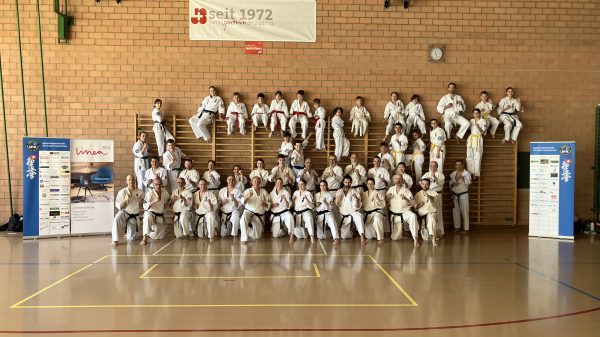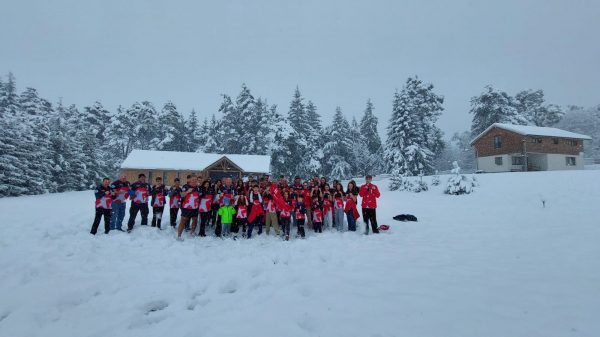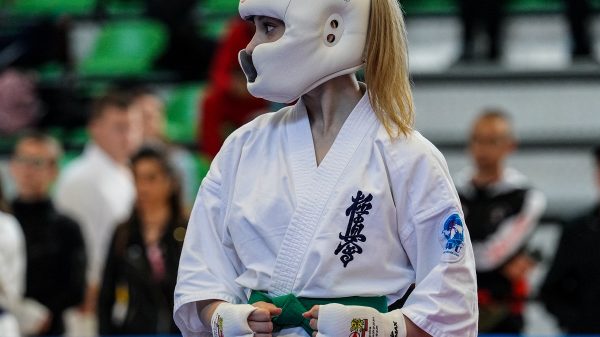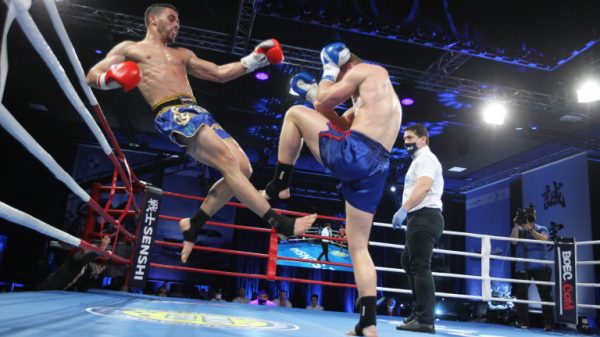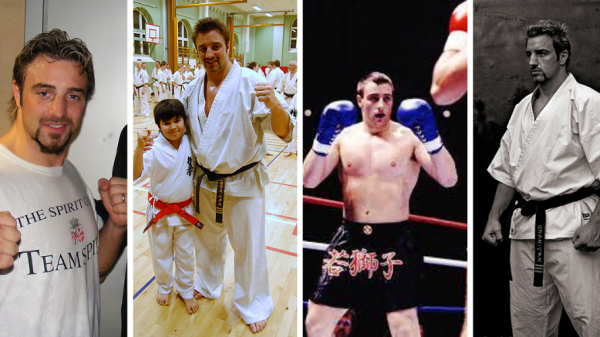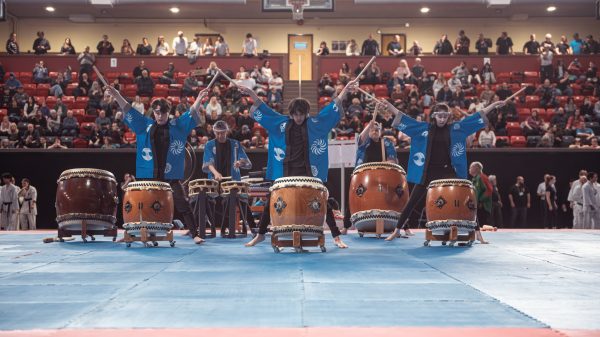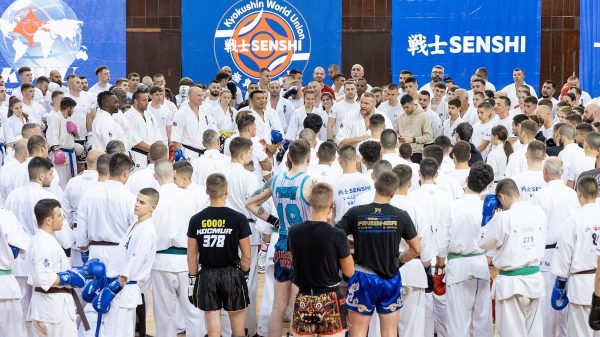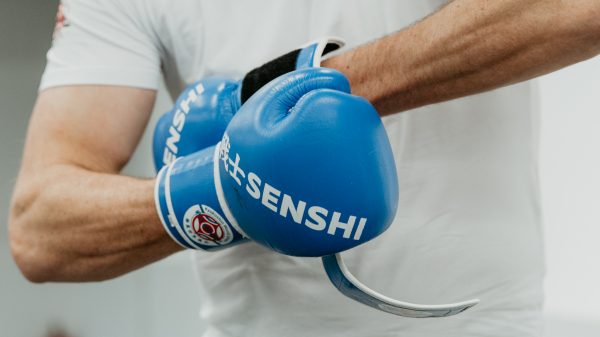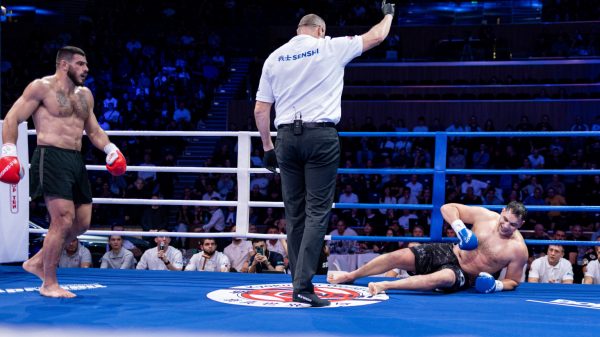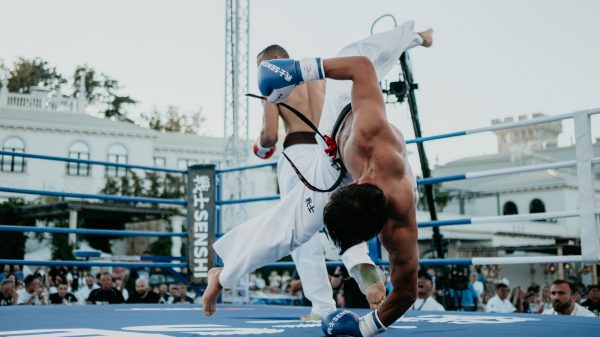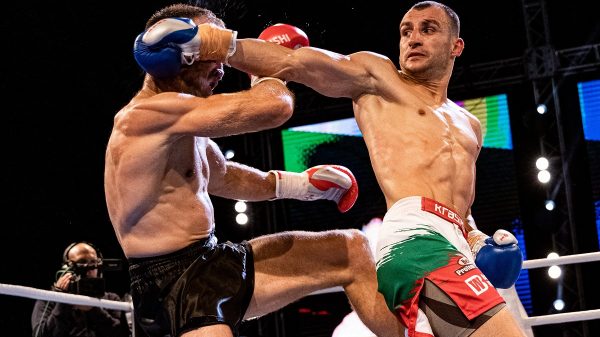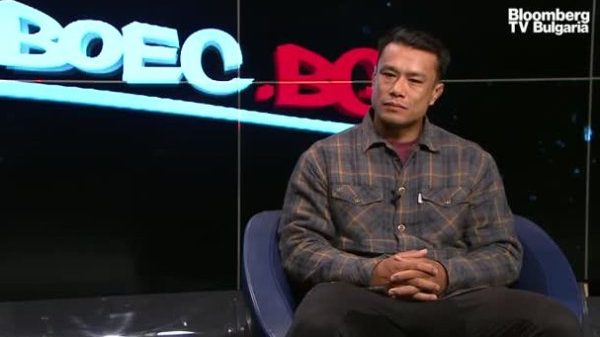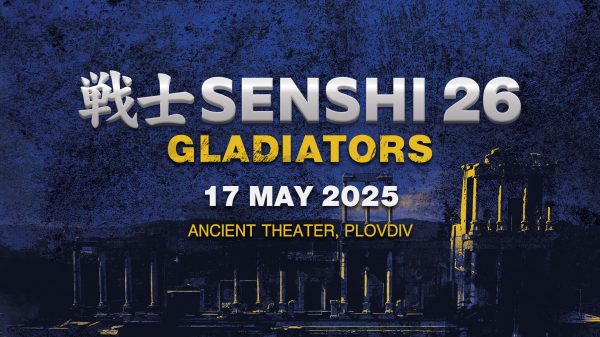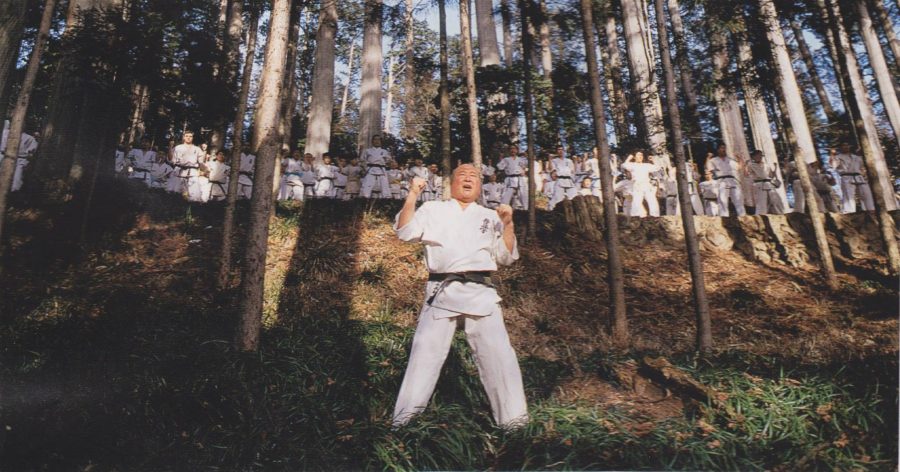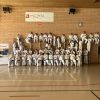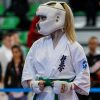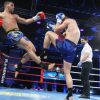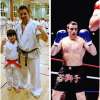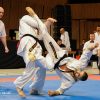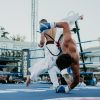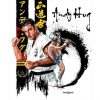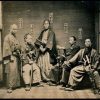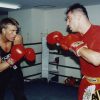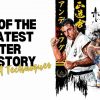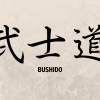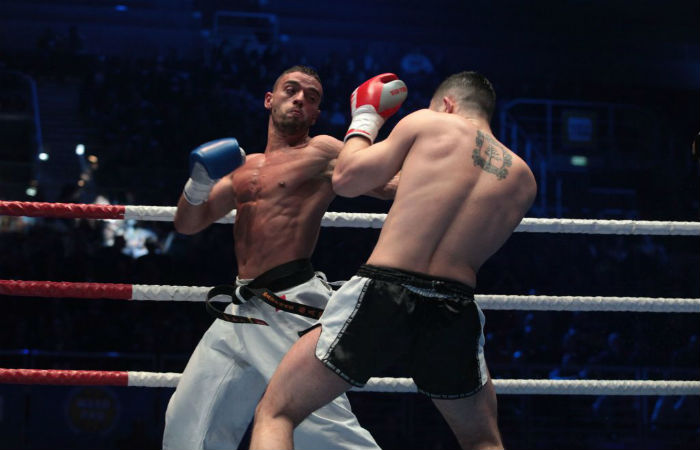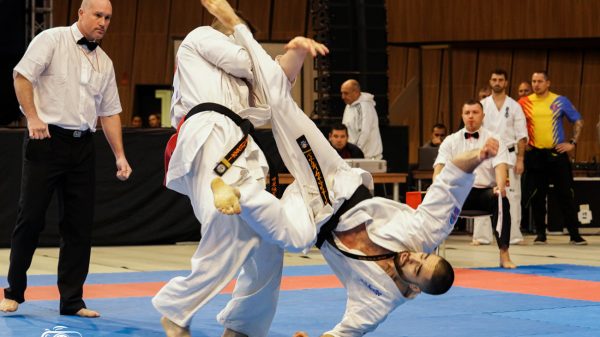Karate Kyokushin is a martial art practiced throughout the world. It differs from other styles of karate by having, in its rules of competition, be the first to adopt full contact.
Since its inception in 1964, it has gained many supporters through demonstrations by its founder, Masutatsu Oyama, and his supporters. With a focus on discipline and hard training, Kyokushin has become one of the most influential fighting styles in recent decades.
In this article, learn 10 interesting facts about karate Kyokushin!
The founder of Karate Kyokushin is not Japanese
Choi Yeong-eui was born in Gimje, Korean territory which at the time was occupied by the Japanese. He spent his childhood in Manchuria and later moved to Japan, where he enlisted in the Japanese imperial army’s flight school. His trip to Japan made him adopt the name, Masutatsu Oyama.
Oyama held 5 world championships
Before his death, karate Kyokushin was run by only one world organization. At the time, there were already styles that were derived from Kyokushin, but the style itself was not yet divided. The first world championship was held in November 1975, with 128 competitors from 32 countries. On that occasion, as in all editions held while Oyama was still alive, the champion was Japanese.
The first world champion was Katsuaki Sato, followed by Makoto Nakamura (two-time champion), and Kenji Midori. This is the biggest and most important championship of the style, being held every four years. The fights are held over three days in a single key.
The meaning of the name Kyokushin
The name Kyokushinkai is divided into three kanji, the first of which, “kyoku” means supreme and “shin”, true. The third character is “kai”, which means association or group. Therefore, the name Kyokushin kai means an association of supreme truth.
This concept of truth expressed in the name refers to the inner search that the practitioner must perform to find his true nature, making his true potential flourish through hard training.
Most katas are inherited from other karate styles
Before founding karate Kyokushin, Masutatsu Oyama practiced other styles of karate, having reached the fourth dan in Shotokan, and the seventh dan in Goju-Ryu.
With this, much of what he learned in his previous experiences, he sought to apply in his new style. The kata, along with kumite and kihon, are the three basic elements of Kyokushin. Yes, that classification is made according to its origin. The Northern Kata are those derived mainly from the Shotokan, while the southern Kata comes mostly from the Goju-Ryu. The northern kata was learned by Oyama through Gichin Funakoshi, his Shotokan style master.
The world championship with the largest number of participants
Although the expansion of the Kyokushin style continued even after the death of its founder, the world championship with the largest number of athletes participating was held while he was still alive.
The fifth open world championship was held between November 2 and 4, 1991. It counted with the participation of 250 athletes, coming from 105 countries. The champion of this edition was Japanese Kenji Midori.
Styles derived from Kyokushin
There are many styles developed by former karate Kyokushin practitioners. With various emphases, these teachers incorporated techniques from other martial arts, including face punches, projections, and ground techniques.
Karate Kyokushin track system
For those who don’t know, the system of different color bands comes from judo. This system was developed with the purpose of structuring the curriculum to be learned by the practitioner and attest its evolution. In Kyokushin, as in many martial arts of Japanese origin, graduations are divided into kyu and dan. The smaller your kyu, and the bigger your dan, the more graduated you are.
When you start practicing, you’re a white belt, tenth kyu. When you take the lane exam, you may be approved for the orange lane, meaning you have reached the ninth kyu. The practitioner does not necessarily have to go through all the kyu. If he shows, during the lane exam, above-average skill, he can skip one or two kyus. The practitioner who reaches the brown belt with black stripes has reached the first kyu. When he takes the black belt exam and passes, he uses a black belt with a gold stripe, meaning he is now considered the first dan. Periodically, you may be given exams, as you advance in your practice, and may reach the eighth dan.
Actors who have practiced or practice Karate Kyokushin
Because it is a fighting sport found almost all over the world, it is not difficult to find any celebrity who practices or has practiced karate Kyokushin. Whether to keep fit, learn techniques that can be used in their films, or even compete, some actors have trained the sport, some even becoming black tracks.
Let’s go to some of them: Dolph Lundgren, Michael Jay White, Sean Connery, Sonny Chiba
Movies about But Oyama
The manga Karate Baka Ichidai, based on the life of Masutatsu Oyama, was published in 1971 in Weekly Shonen Magazine. This manga gave rise to an anime with 47 episodes, and a trilogy of films. In 1975, Champion of Death and Karate Bearfighter were launched. Two years later it was Karate for Life’s turn to be released. In the trilogy, as mentioned earlier, Masutatsu Oyama is played by actor Sonny Chiba. In 2004, a Korean adaptation of Oyama’s story was released, this time starring Korean actor Yang Dong-Geun.
Karate Kyokushin Black Belt President
Did you know that the president of Russia, Vladimir Putin, is a black belt karate Kyokushin?
Yes, in the year 2014, at the age of 62, Putin received the eighth grade of karate Kyokushin, by the organization Kyokushin-kan. Besides karate Kyokushin, Putin is ninth-degree taekwondo and fifth-degree judo.
Karate Kyokushin at MMA
Kyokushin has been represented in mixed martial arts since before this sport was named. When we think about karate Kyokushin in MMA, soon comes to mind the name Georges St-Pierre, who surely was the most successful karateka in the sport. However, the more attentive practitioner may have noticed the presence of Kyokushin fighters in the MMA, or all-rounders, as they were known at the time, long before St-Pierre made his first professional fight.
Let’s take a few examples:
Gerard Gordeau
The 1.96 Dutch giant was the finalist in the first edition of the UFC in 1993, losing to Royce Gracie. He also participated in the Vale-Tudo Japan tournament in 1995, where the winner was Rickson Gracie. In Kyokushin, Gordeau participated in 1979, 1984, and 1987 World Cups.
Bas Rutten
Bas Rutten is a member of the UFC Hall of Fame and was the first Dutchman to win the belt of the event. In addition to being the UFC heavyweight champion, won in 1999, Rutten was three times champion of the Japanese King of Pancrase event.
Semmy Schilt
Before shining in the K-1 rings, Semmy Schilt was King of Pancrase champion between 1999 and 200. He also fought in events like Pride and UFC. Besides these pioneers, many other MMA fighters have passed through karate Kyokushin, such as Andrews Nakahara, Alain Ngalani, Sam Greco, Katsunori Kikuno, Nikita Krylov, Alexander Volkov, among others.
See some Kyokushin fighters in action at the MMA:


